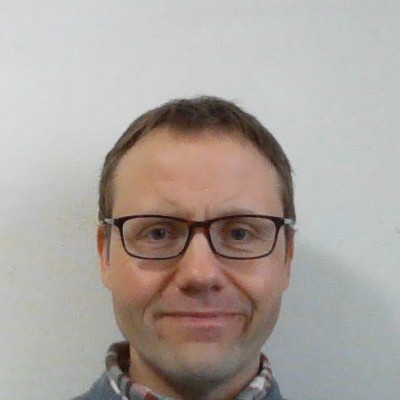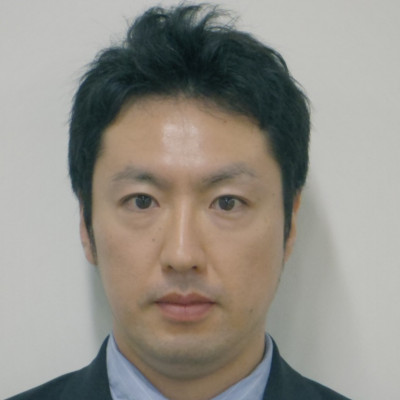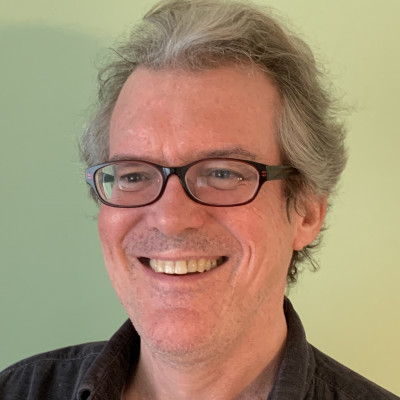Sessions / Location Name: Auditorium
Physical Location
Location: Auditorium
Building: Miwa Campus Building < The University of Nagano
The Unheard Voice in Materials Development #2971
The learning materials or textbook used in the classroom is a core component of language learning in the EFL industry. However, the material is often designed by teams of materials writers, located far away and completely faceless from the students' perspective. Additionally, multiple researchers in the field (McGrath, 2013; Tomlinson and Masuhara, 2018) have identified one pitfall of materials development and textbooks as the lack of a meaningful feedback loop from learners, what we refer to as ‘the unheard voice.’ This presentation will report on a survey carried out by the presenters to give students a voice by listening to their attitudes towards the materials used in class. Some of the main areas covered include the level of interest or enjoyment towards the current textbooks/materials used in class, problems that they perceive in current materials, the type of materials that students would like to use, the preferred modality of learning material delivery (such as traditional pen and paper, group work, video, and online quizzes). In addition, the survey went deeper by encouraging students to think more critically by asking them to consider designing their own materials and the content and format of these materials.
Practical Lessons from Materials Development #2976
In order to support materials development in EFL teaching in Japan, there is a need for sharing of expertise and practical experience. This can potentially be achieved through workshops which bring experienced developers together with teachers who have the interest or need to create materials. This workshop will begin in the form of a structured dialogue between two materials developers, one with 25 years experience and the other much newer to the field. Developing materials for language learning is fundamentally a practical process, and through the presenters’ guidance and offering different perspectives, they will share lessons learned in the trenches of materials development. Some topics covered are the use of linguistic and practical frameworks, utilizing skills and knowledge that you already have, finding your own working style, identifying your learners' language needs, working with different activity types, using deadlines effectively, and balancing your own interests with the needs and interests of the learners. For each topic, workshop participants will use these lessons and tips in groups as a stimulus to think about and develop learning materials for their own teaching context.
Fostering communication-based activities in SHS English classes #2820
This practice-oriented workshop will focus on the practical steps to implement activities involving more practical communication skills such as discussions, presentations, and debates, which are the skills newly required to be dealt with in SHS English education. The presenter concluded from the three-day teaching practice focusing on the presentation activity that it is essential to show demonstrations with visuals and encourage students’ awareness, rather than explaining and teaching directly. The presenter gave a mini-presentation at the beginning of each class to model the presentation. The topics varied according to the content of the day’s lesson, such as stimulating background knowledge for reading, reviewing grammar, and so forth. Dealing with content that the students already knew increased the interaction, and even those not used to speaking in English were willing to talk, which was a good warm-up for the presentation activity. By showing examples of good and bad presentations, the students realized what kind of presentation they should give and successfully applied these realizations to their practice. The outcomes of these activities were analyzed through students’ reflection papers, questionnaires, and video recordings. This presentation can interest attendees looking to adopt communication-based methods in small steps.
Japanese Non-English Majors and an Effective Content-Based Writing Approach #2961
This presentation shares an analysis of 20 content-based essays written by freshmen in the food and health department at a university in Southwestern Japan, using a CBI paradigm. Pre-writing, students were taught paragraph structure (including an introduction, a body, and a conclusion), were provided with a list of 50 health-related vocabulary words to use in writing, and were taught to check spelling and grammar critically. A themed essay of 200 words was assigned, and the students were given one week to complete the assignment. Post-writing, essays were analyzed by stratifying them into two streams: 1) structure, verifying that the writing contained complete introductions and conclusions with topic and concluding sentences, and complete bodies with supporting sentences; and 2) grammar, checking subject-verb agreement, plurals, and spelling. The writings were then read critically, checking for clear writing with topic and supporting sentences, grammar elements, number of vocabulary words used, and whether the word limit was reached. Results found that 70% of students had complete introductions and 80% had complete conclusions, and while the mean wordcount was 209. The average score was 84%. The presentation shares other results and further explains the implications for using CBI in the EFL classroom.
/l/ vs. /ɹ/: Minimal pair challenges, vocabulary, and communication #2889
Many Japanese English Language Learners (ELLs) have a hate-hate relationship with comprehending and pronouncing /l/ and /ɹ/ words, yet these two phonemes are an inescapable and integral part of the language. The fact that many /l/ words have an /ɹ/ minimal pair in the same part of speech (e.g., the nouns lack and rack) and the multiple vowel sounds of English necessitate learners’ recognizing and pronouncing those words accurately for successful understanding and communication. In helping Japanese ELLs face these /l/ vs. /ɹ/ challenges head-on, teachers can go beyond discrete minimal word pairs to minimal pair sentence contexts, introduce new vocabulary with accompanying images to enhance comprehension, and then help learners transition into communicative practice. The presentation will include a novel method of consciousness-raising about the correct tongue positions, and attendees will engage in fun, interactive, integrated-skills /l/ vs. /ɹ/ activities. These activities can be modulated as individual mini-lessons or extended into longer segments of academic, community, or workplace listening/speaking classes for learners at a range of proficiency levels. Attendees will be provided a set of PowerPoints, including embedded word and sentence pair audio, and the lessons are adaptable for one-on-one or group online or in-person classes.




